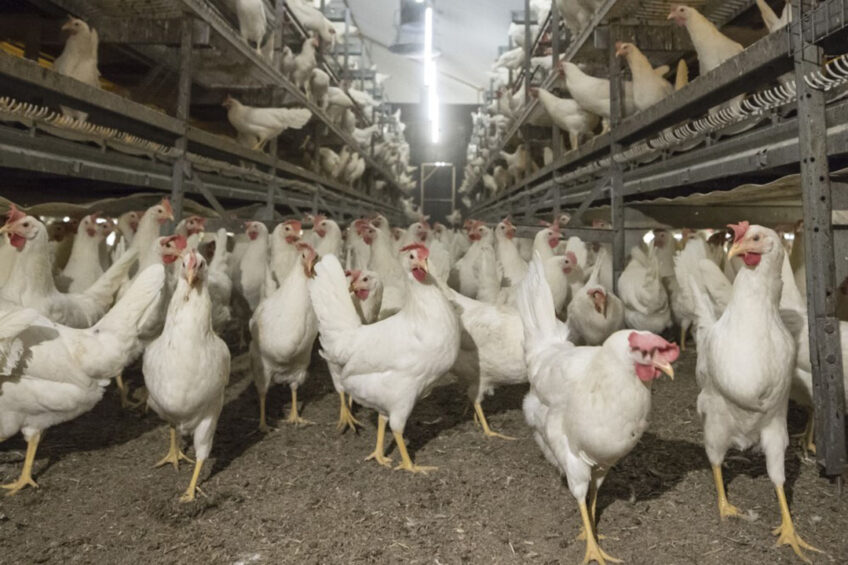Kazakhstan poultry farms cull massive number of hens

Every third poultry egg farm in Kazakhstan has begun slaughtering birds, anticipating a sharp drop in state support in 2022, the local news outlet KazakhZerno reported, citing the country’s Association of Egg Producers of the Republic.
Currently, Kazakh poultry farms are braced for agricultural reform, the details of which are yet to be disclosed. In 2021, Yerbol Karashukeev, Kazakh Agricultural Ministry, revealed that the government wants to reform the state subsiding system through “simplifying its mechanisms, optimising directions and ensuring equal access to state aid it for all companies.”
On the other hand, several government officials expressed an opinion that Kazakhstan had reached a good level of egg production. In this regard, most egg farmers are confident that the state subsidies for egg production are about to be substantially cut, if not entirely abandoned.
Poultry farmers prepare to cut egg production
As explained by Maxim Bozhko, head of the Egg Producers Association, wholesale prices for eggs dropped by 30% in the previous 3 months from 37 tenges (US$0.086) per unit to 26 tenges (US$0.061) per unit. On the other hand, most farms have production costs ranging between 30 to 35 tenge (US$0.07 to $0.082) per unit. In this background, many poultry farms started adjusting their production plans for 2022, with most of them targeted to cut egg production.
Since 2020, 4 out of 35 egg farms have been closed in the country, causing a decline in output. In 2021, Kazakhstan produced 3.5 billion eggs, compared to 4.3 billion in the previous year, the Egg Producers Association estimated. In 2022, the production is predicted to drop by 10-20% as a significant share of hens is expected to be slaughtered.
Supply of eggs exceeds demand
Prices are believed to go down since supply currently exceeds the demand on the domestic market. Kazakhstan used to export eggs to several neighboring countries, but since the beginning of the Covid-19 pandemic, foreign sales narrowed, triggering price competition on the domestic market. In addition, coronavirus-related restrictions on the HoReCa industry are believed to drive egg consumption in Kazakhstan down.
Without subsidies, quite a few egg farms are likely to go down, the Egg Producers Association warned, adding that in this case, the retail price is likely to jump by 30% from the current level. To prevent this from happening, farmers have asked the government to expand state aid instead of reducing it, allocating subsidies on poultry feed.












